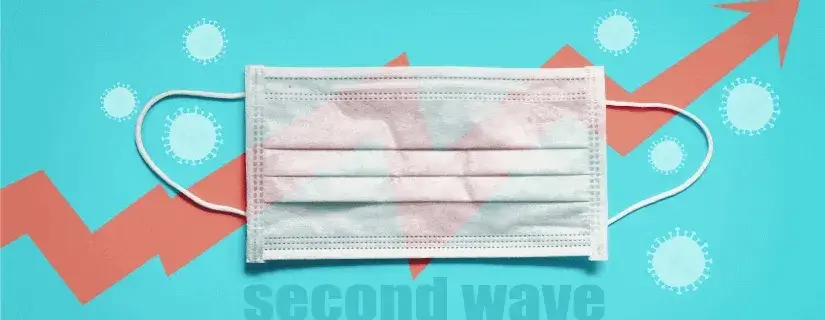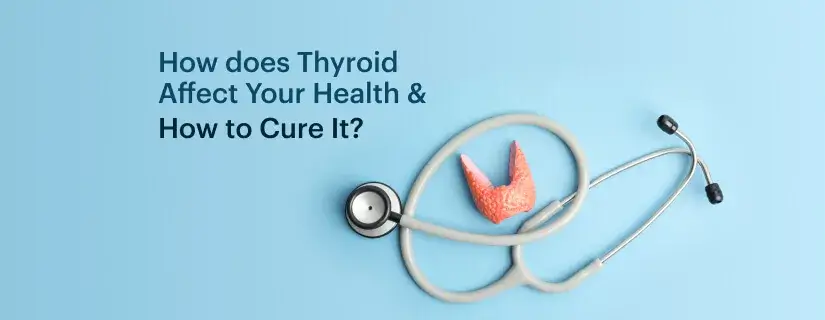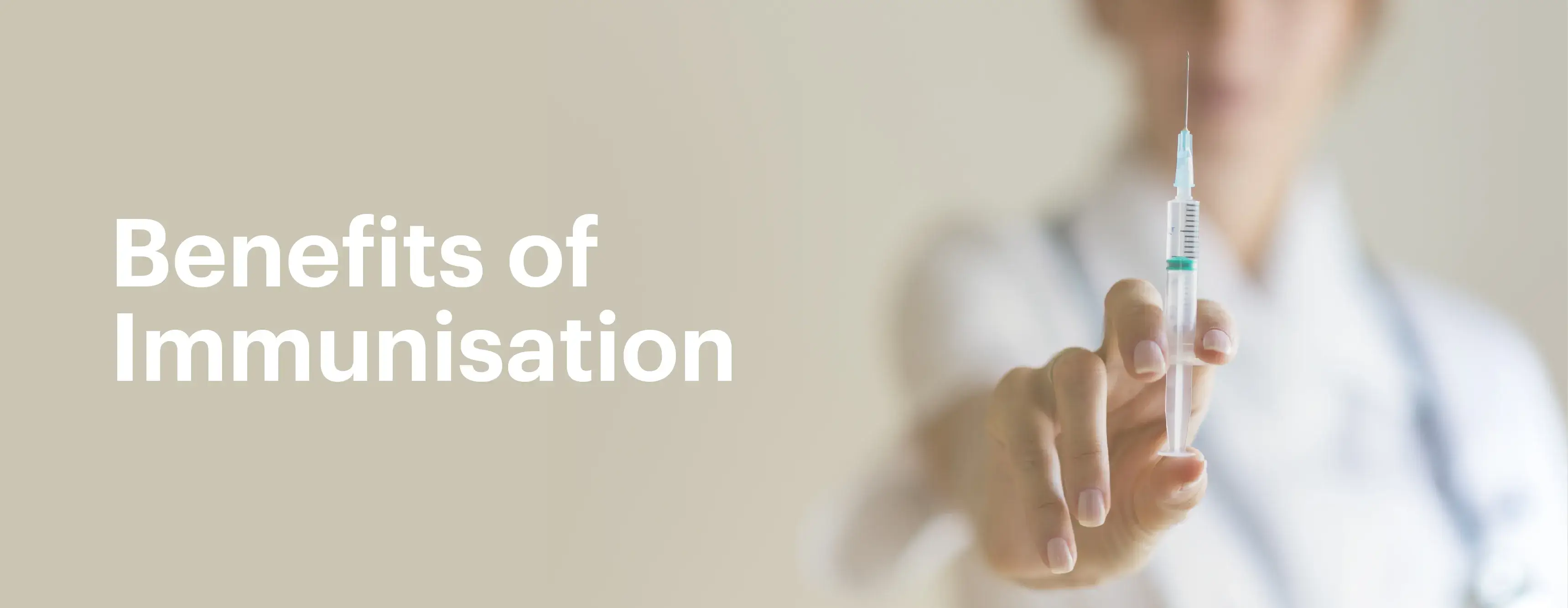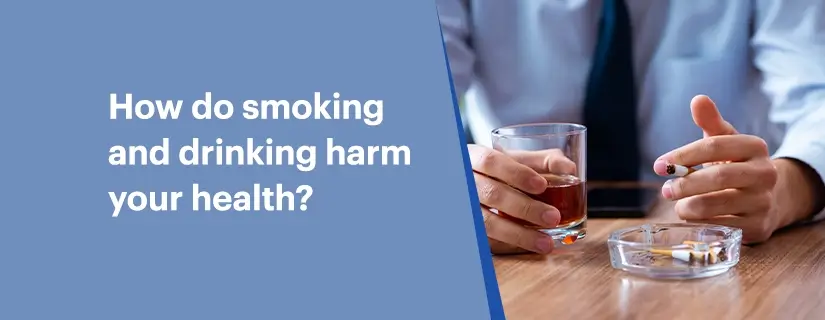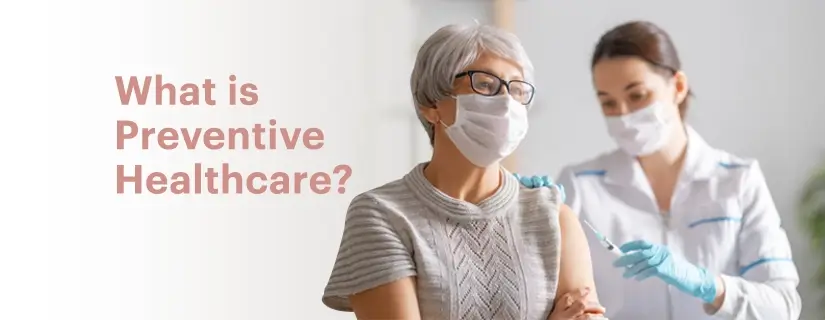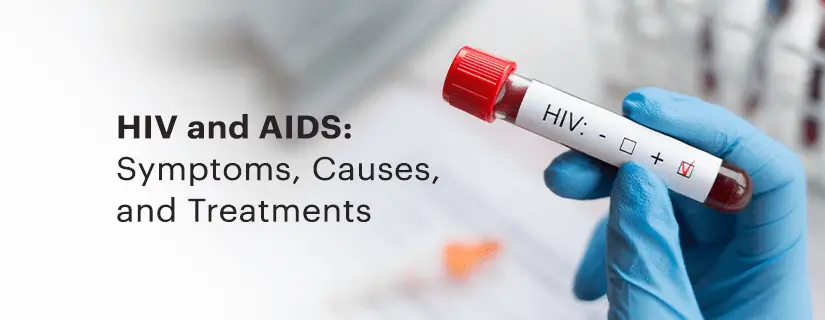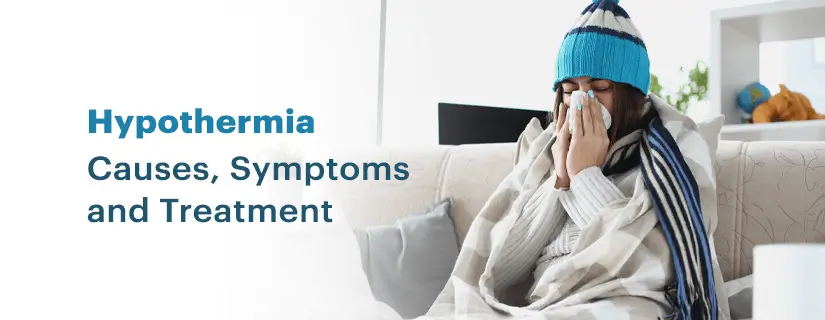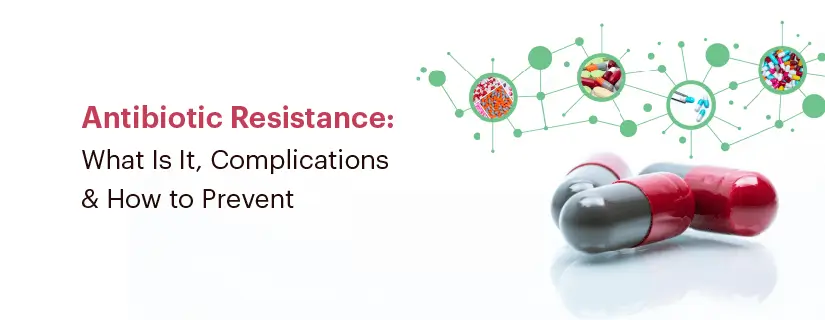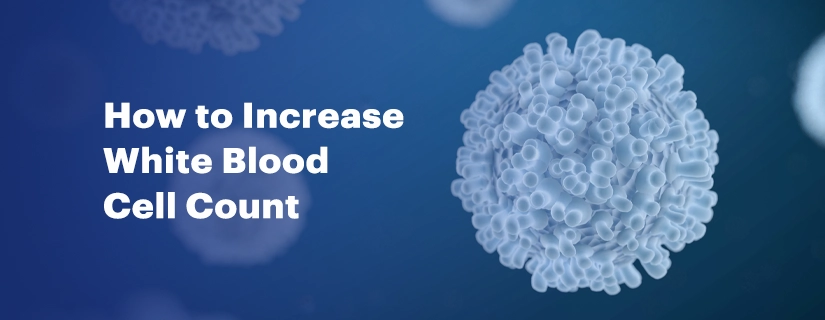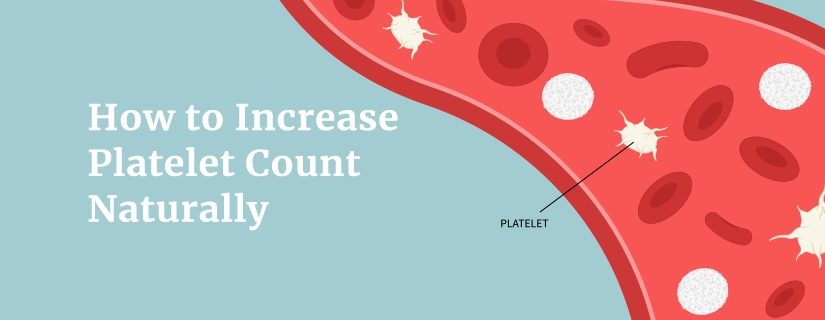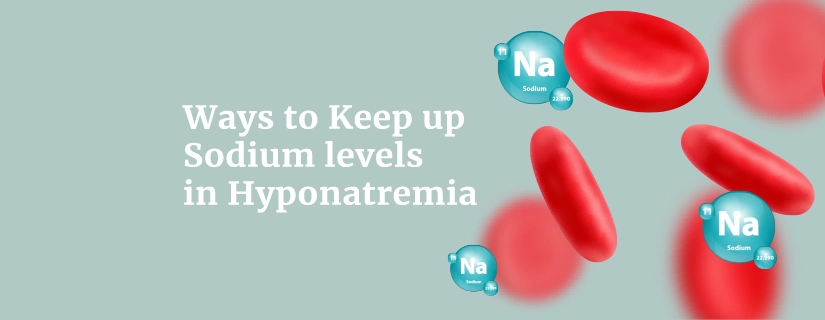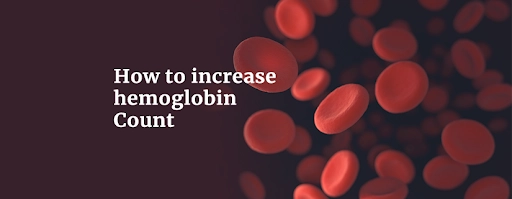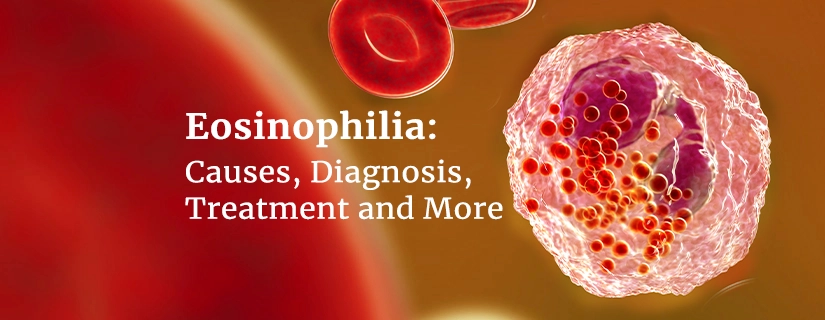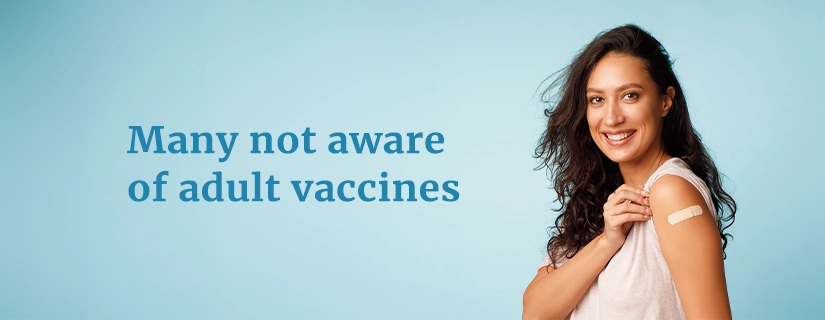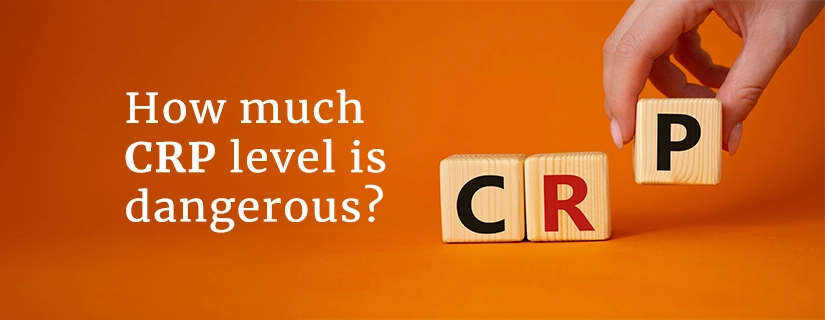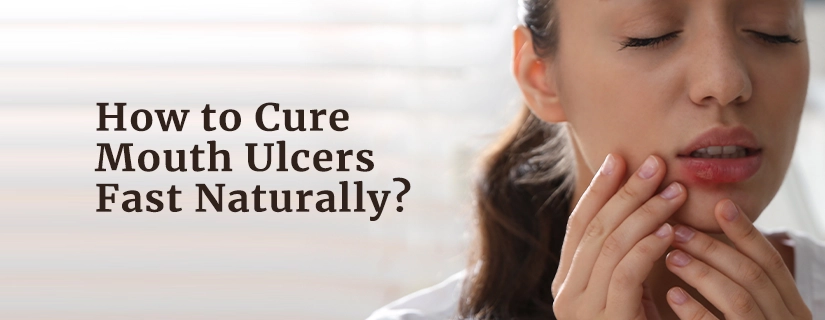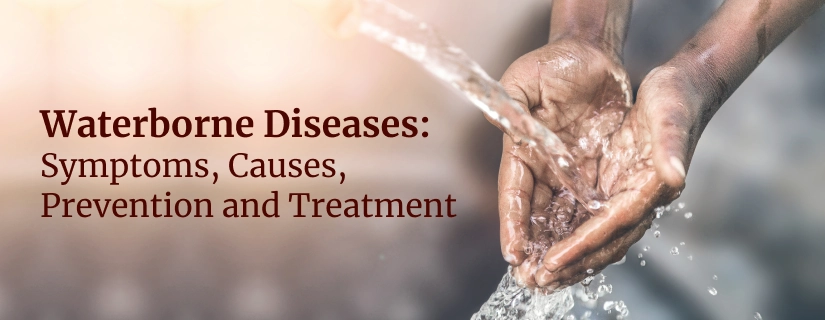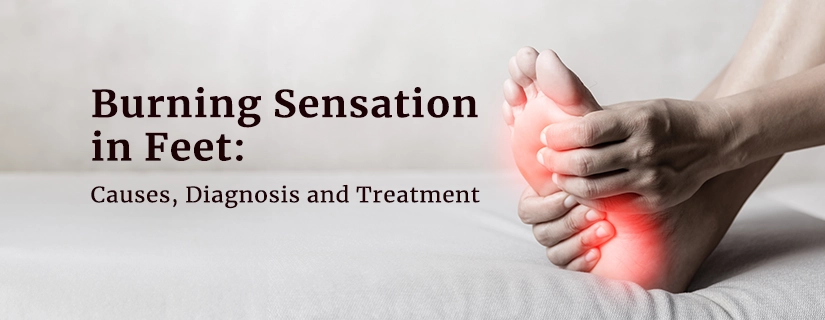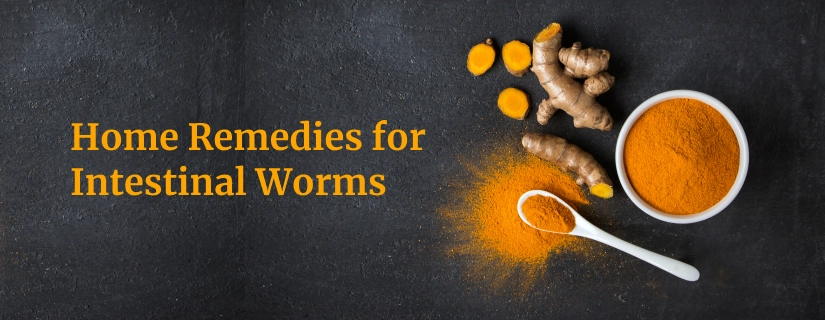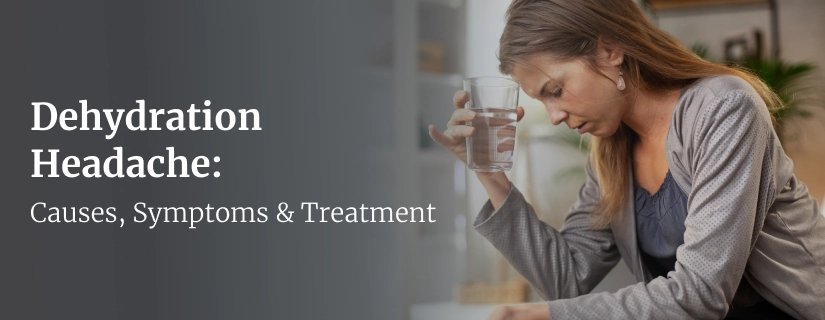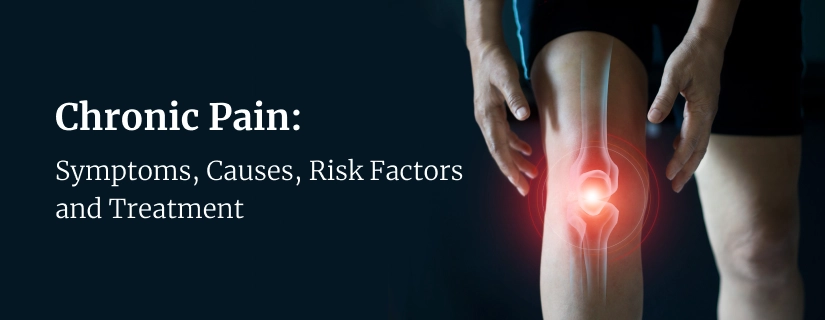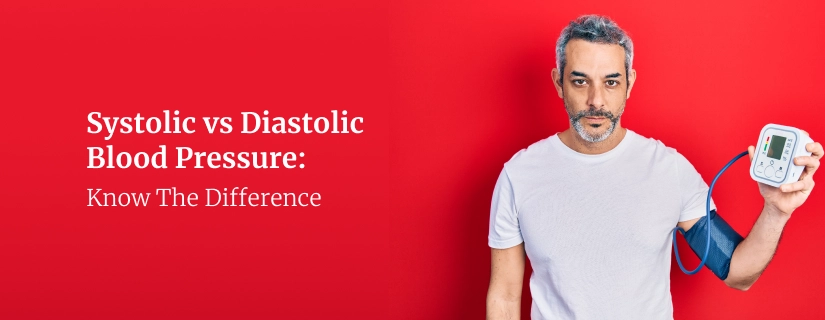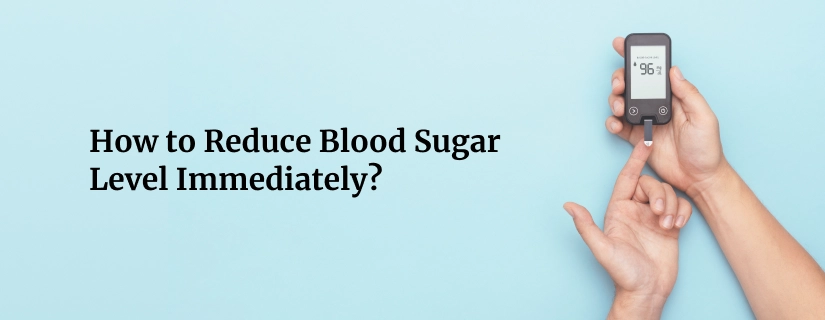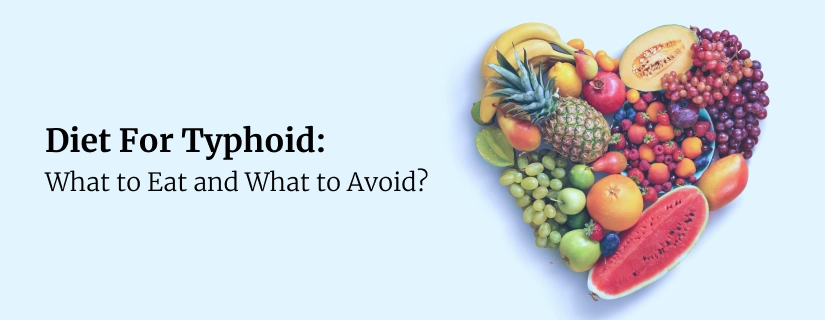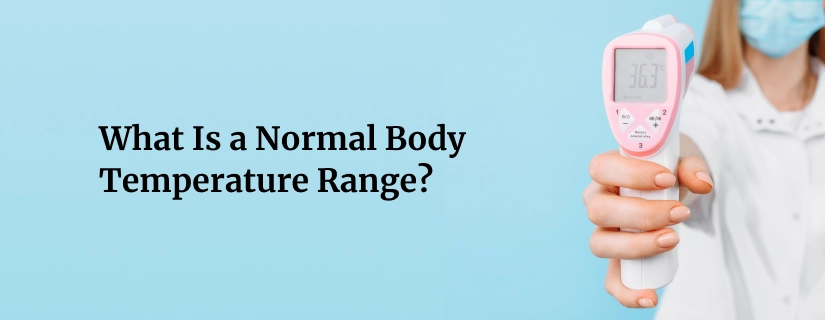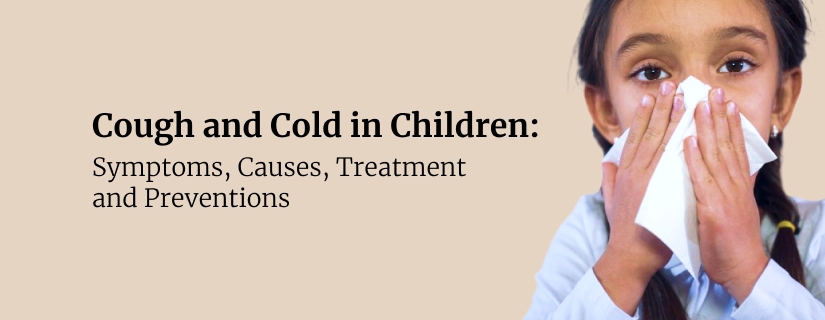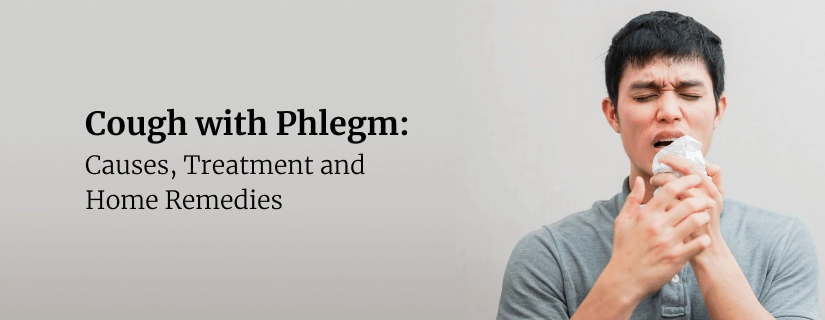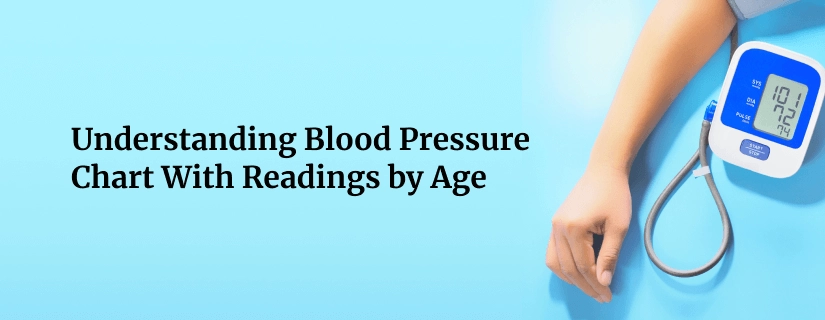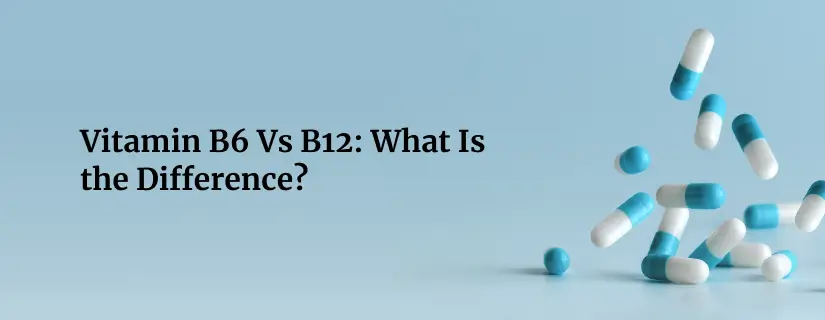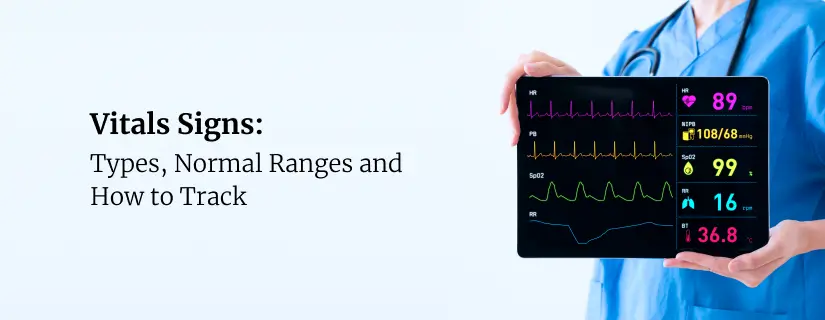-
Doctors
-
Specialities & Treatments
Centre of Excellence
Specialties
Treatments and Procedures
Hospitals & Directions HyderabadCARE Hospitals, Banjara Hills CARE Outpatient Centre, Banjara Hills CARE Hospitals, HITEC City CARE Hospitals, Nampally Gurunanak CARE Hospitals, Musheerabad CARE Hospitals Outpatient Centre, HITEC City CARE Hospitals, Malakpet
HyderabadCARE Hospitals, Banjara Hills CARE Outpatient Centre, Banjara Hills CARE Hospitals, HITEC City CARE Hospitals, Nampally Gurunanak CARE Hospitals, Musheerabad CARE Hospitals Outpatient Centre, HITEC City CARE Hospitals, Malakpet Raipur
Raipur
 Bhubaneswar
Bhubaneswar Visakhapatnam
Visakhapatnam
 Nagpur
Nagpur
 Indore
Indore
 Chh. Sambhajinagar
Chh. SambhajinagarClinics & Medical Centers
Book an AppointmentContact Us
Online Lab Reports
Book an Appointment
Consult Super-Specialist Doctors at CARE Hospitals
How to Prepare Oral Rehydration Solution (ORS) and It's Benefits
Updated on 30 September 2022
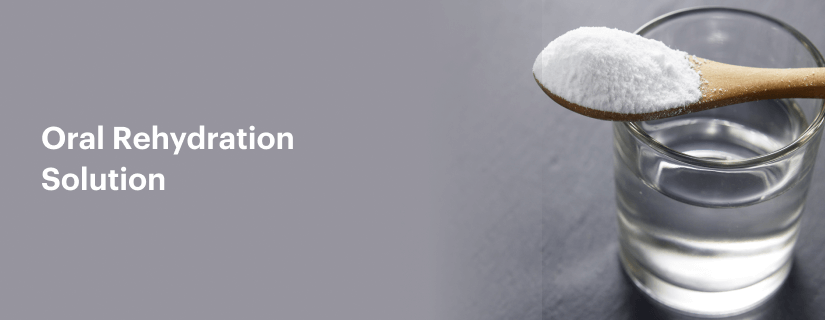
Table of Content
- What is an Oral Rehydration Solution (ORS)?
- Is oral rehydration therapy safe for children?
- What If We Ignore Dehydration?
- When should ORS be used?
- Uses and Benefits of ORS
- How does an oral rehydration solution (ORS) work for dehydration?
- Potential Risks and Side Effects of ORS
- Who should avoid oral hydration solutions?
- How much to administer by age?
- Other ways to treat dehydration
- Preparation at Home
- A Word of Caution
- Who should avoid ORS?
- FAQs
The human body is chemically made up of, mainly water and organic compounds that comprise lipids, proteins, carbohydrates, and nucleic acids. Water is found in extracellular fluids of our body (the blood plasma, the lymph and the interstitial fluid) and the cells themselves. About 60% of the human adult body comprises water. It is the main constituent of cells, tissues and organs and is vital for life.
- Water and our body: Helps keep the body's normal temperature, lubricates and cushions joints, and protects the spinal column and sensitive tissues. It also helps eliminate the body's waste through urination, perspiration and bowel movements. Water serves as a vital nutrient to the life of every cell and regulates our internal body temperature by sweating and respiration.
- Dehydration: Our body relies on water to perform basic functions. Sometimes, for various reasons, the body loses more fluid than what is consumed and hence gets dehydrated. It could be due to diarrhoea, vomiting, excessive sweating, workout or low water intake. So, when the body is dehydrated, bodily functions take a toll.
What is an Oral Rehydration Solution (ORS)?
An Oral Rehydration Solution (ORS) is a special drink containing a precise balance of electrolytes, such as sodium and potassium, and glucose in specific proportions. This solution is formulated to replenish fluids and electrolytes lost due to dehydration caused by diarrhoea or vomiting.
Is oral rehydration therapy safe for children?
ORS is generally safe for children when used as directed. The precise balance of electrolytes and glucose in ORS helps in rapid absorption and rehydration without causing harm. It's essential to follow proper instructions for preparation and dosage according to the child's age and the severity of dehydration. However, consulting a healthcare professional before administering ORS, especially in severe cases, is advisable.
What If We Ignore Dehydration?
Since the body relies on water for basic bodily functions, our body needs to be rehydrated. If our body is not treated for dehydration, it could lead to major complications. In such cases, oral rehydration therapy is given to that person as a trusted Dehydration Cure. The person is given ORS (Oral Rehydration Solution) to replenish his body's fluid levels. ORS is usually given to treat moderate dehydration due to diarrhoea, vomiting or other conditions.
ORS contains a specific amount of glucose and electrolytes (potassium and sodium). These Oral Rehydration Solution components maximise fluid absorption in the gastrointestinal tract. This tract relies on sodium-glucose cotransporters, which help move substances across membranes. Sodium and glucose paired together help in the proper absorption of fluids in the body.
It is also very safe for children. It is normally used to treat diarrhoea-related dehydration in children. Compared to adults, children are more likely to experience dehydration due to diarrhoea, as they have a higher metabolic rate, meaning they lose body fluids quickly. Excessive sweating and low water intake can further increase the risk of dehydration in children as they cannot recognise thirst and do not hydrate themselves.
Electrolytes: Properly hydrating our body means keeping our electrolyte levels at an optimal level. Electrolytes help our body in balancing our body in various ways – maintain water levels, move the nutrients into appropriate cells, maintain PH levels, and ensure that our body parts work the way they should.
When should ORS be used?
Oral Rehydration Solution (ORS) should be used in various situations to address dehydration. It is commonly recommended in the following scenarios:
- Diarrhea: ORS is particularly crucial in treating diarrhea, as it helps replace fluids and electrolytes lost due to excessive bowel movements.
- Vomiting: When individuals are vomiting, they are at risk of dehydration. ORS can help replenish the lost fluids and electrolytes.
- Illness and Infections: During illnesses such as flu or infections that lead to fever, there's an increased risk of dehydration. ORS can be used to maintain proper hydration levels.
- Traveler's Diarrhea: ORS can be beneficial when traveling to regions where waterborne illnesses are prevalent, helping to prevent dehydration.
- Intense Physical Activity: Athletes or individuals engaging in strenuous physical activities, especially in hot conditions, may use ORS to prevent dehydration.
It's essential to follow healthcare provider recommendations and instructions on when and how to use ORS for specific health conditions. If in doubt or if symptoms persist, consulting a healthcare professional is advisable.
Uses and Benefits of ORS
ORS is considered a safe and effective treatment for dehydration, especially in children experiencing diarrhoea or vomiting. It aids in restoring lost fluids and electrolytes, preventing or treating dehydration-related complications. The benefits of ORS include:
- Restoring Fluids: ORS helps replace lost fluids due to diarrhoea or vomiting more effectively than plain water.
- Replenishing Electrolytes: It contains essential electrolytes like sodium, potassium, and glucose, which are crucial for maintaining proper hydration and bodily functions.
- Preventing Dehydration: Administering ORS promptly can prevent mild dehydration from worsening, particularly in children.
- Simple and Safe: ORS is easy to prepare and administer, making it a convenient and safe treatment, even for infants and young children.
How does an oral rehydration solution (ORS) work for dehydration?
Mild dehydration can be managed by drinking fluids like water or clear broth.
For moderate dehydration, oral rehydration solution (ORS) is recommended. ORS not only includes water but also contains precise amounts of glucose and electrolytes, such as potassium and sodium. These components enhance fluid absorption in the gastrointestinal tract. In the intestines, sodium-glucose cotransporters (SGLTs) play a crucial role by facilitating the movement of substances across cell membranes. Specifically, SGLTs combine sodium and glucose transport in the small intestine, aiding in the absorption of fluids into the body. ORS ensures effective absorption by providing both glucose and sodium together.
Potential Risks and Side Effects of ORS
Oral rehydration therapy aims to restore electrolyte balance. Improper preparation or use of the solution can lead to salt toxicity, also called hypernatremia. Potential side effects may include:
Who should avoid oral hydration solutions?
Exercise caution when using oral rehydration solutions if you:
- Have kidney problems
- Have diabetes
- Have heart failure
- Take medications for heart disease or high blood pressure
How much to administer by age?
The appropriate amount of oral rehydration solution (ORS) varies based on age or weight because it determines how much fluid the body requires for optimal function. Smaller children naturally need less fluid, while adults require more due to their larger size.
Here are the recommended doses according to weight or age, as advised by the Nationwide Children’s Hospital:
- 7–10 pounds: At least 2 ounces (equivalent to 4 tablespoons or 1/4 cup) per hour
- 11–15 pounds: At least 2 1/2 ounces (equivalent to 5 tablespoons) per hour
- 16–20 pounds: At least 3 1/2 ounces (equivalent to 1/2 cup) per hour
- 21–40 pounds: At least 6 1/2 ounces (equivalent to 3/4 cup) per hour
- 41–60 pounds: At least 10 ounces (equivalent to 1 1/4 cups) per hour
- 10 years or older: Up to 68 ounces (equivalent to 8 1/2 cups) per day
Other ways to treat dehydration
In addition to oral rehydration solution (ORS), dehydration can be managed by drinking:
- Water
- Tea
- Sports drinks
- Clear broth
- Diluted juices
For severe dehydration, intravenous rehydration is necessary to swiftly restore lost fluids in emergency situations.
Preparation at Home
In emergency situations, one can prepare ORS at home as follows,
- 1-litre clean drinking water boiled and cooled 5 cupfuls (1 cup -200 ml)
- 6 level teaspoons of sugar
- ½ teaspoon of salt
Stir the sugar and salt in the water till fully dissolved. Now this solution can be used as ORS.
The rough estimate of replacement for older children and adult is weight in kg X 75 ml in the first four hours. Healthy adults can rehydrate themselves by drinking water, clear soup, juice, sports drinks and tea.
A Word of Caution
ORS should be used with caution if the person,
- Has kidney disorder
- Has diabetes
- Has heart disease
- Is taking heart disease or blood pressure medications.
Who should avoid ORS?
ORS should be avoided by:
- Those who have severe vomiting.
- Those with severe diarrhea that doesn't improve with ORS.
- Individuals with specific medical conditions like severe kidney disease or congestive heart failure.
- Anyone unable to tolerate the ingredients in ORS due to allergies or sensitivities.
FAQs
1) Can we drink ORS daily?
Drinking ORS daily is generally not necessary unless you have a medical condition that causes chronic dehydration. For everyday hydration, regular water intake is usually sufficient.
2) Can I take ORS for weakness?
Yes, ORS can help alleviate weakness caused by dehydration or electrolyte imbalances by replenishing lost fluids and electrolytes.
3) Why is taking ORS better than water?
ORS is better than water for rehydration because it contains a balanced mix of salts and sugars that help the body absorb fluids more effectively, especially during diarrhea or vomiting.
4) Does ORS have side effects?
ORS is generally safe, but excessive consumption can lead to an imbalance in electrolytes, causing issues like hypernatremia (high sodium levels). Always follow the recommended dosage.
5) Does ORS reduce body heat?
ORS can help reduce body heat indirectly by preventing dehydration, which can cause an increase in body temperature.
6) Is oral rehydration solution good for kidneys?
Yes, ORS can be good for kidneys as it helps maintain fluid and electrolyte balance, which is crucial for kidney function. However, consult a doctor if you have kidney issues before using ORS regularly.
7) Can I drink ORS on an empty stomach?
Yes, you can drink ORS on an empty stomach. It is designed to be gentle on the stomach and helps quickly restore hydration and electrolyte balance.
8) Does ORS increase sugar levels?
ORS contains glucose, which can increase blood sugar levels slightly. People with diabetes should monitor their blood sugar levels and consult a doctor before using ORS.
9) When not to use ORS?
Do not use ORS if you have an allergy to its ingredients, are unable to keep fluids down, have kidney disease without medical advice, or if instructed otherwise by a healthcare professional.

ENQUIRY FORM
SELECT CATEGORIES
-
Neurosciences (16)
-
Neurology (37)
-
Neurosurgery (14)
-
Orthopaedics (48)
-
Oncology (33)
-
Obstetrics and gynecology (51)
-
Pulmonology (23)
-
Urology (20)
-
Nephrology (13)
-
Psychiatry (7)
-
Dietetics and Nutrition (111)
-
General Medicine (63)
-
Cardiac Sciences (30)
-
Vascular & Endovascular Surgery and Interventional Radiology (10)
-
Gastroenterology (46)
-
Endocrinology (23)
-
Plastic Surgery (10)
-
Critical Care Medicine (5)
-
COVID-19 (16)
-
Dermatology (16)
-
Emergency Care (1)
-
Ophthalmology (4)
-
Pediatrics (14)
-
Laparoscopic and Bariatric Surgery (8)
-
ENT (15)
-
Kidney Transplant (1)
-
Liver Transplantation and Hepatobiliary Surgery (5)
-
General Surgery (3)
-
Internal Medicine (5)
-
Medicine Information
All You Need To Know About Sepsis
Thrombocytopenia: Causes, Symptoms, & Treatment
YOU MAY ALSO LIKE
RECENT BLOGS
-

Direct Anterior Approach in Total Hip Replacement: Advantages and Challenges
10 April 2025
Read More
-

Zinc Deficiency: Signs and Symptoms, Causes, Treatment
9 April 2025
Read More
-

Chest Pain When Coughing: Causes, Treatment and Home Remedies
9 April 2025
Read More
-

12 Health Benefits of Eating Mushrooms
8 April 2025
Read More
-

7 Health Benefits of Blood Donation You Should Know About
8 April 2025
Read More
-

Implantation Bleeding Vs Periods: Know the Difference
28 February 2025
Read More
-

Bloating During Ovulation: Symptoms, Causes and Remedies
28 February 2025
Read More
-

Itching During Dengue: Causes, Treatment and Home Remedies
18 February 2025
Read More
Have a Question?
If you cannot find answers to your queries, please fill out the enquiry form or call the number below. We will contact you shortly.






